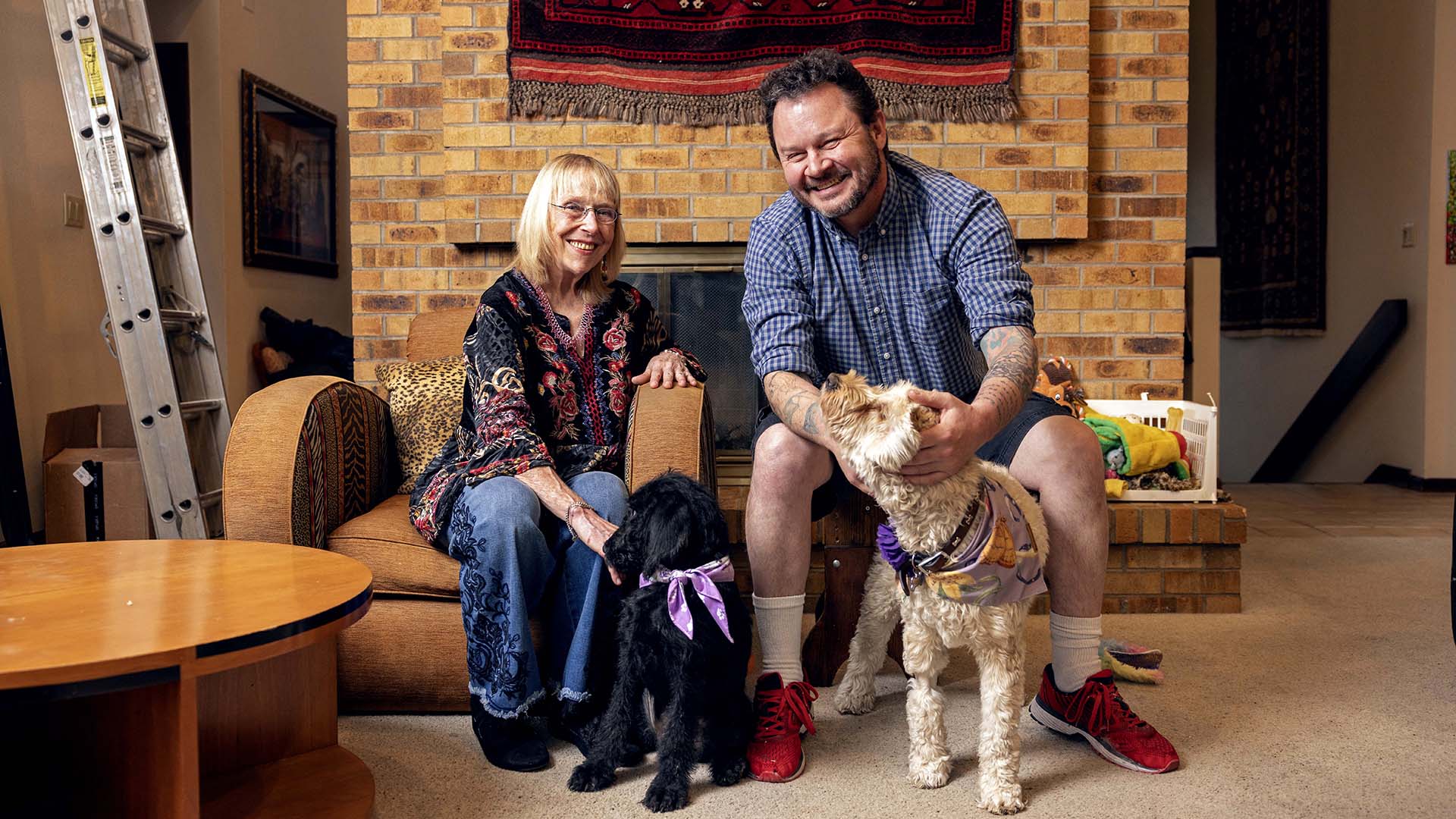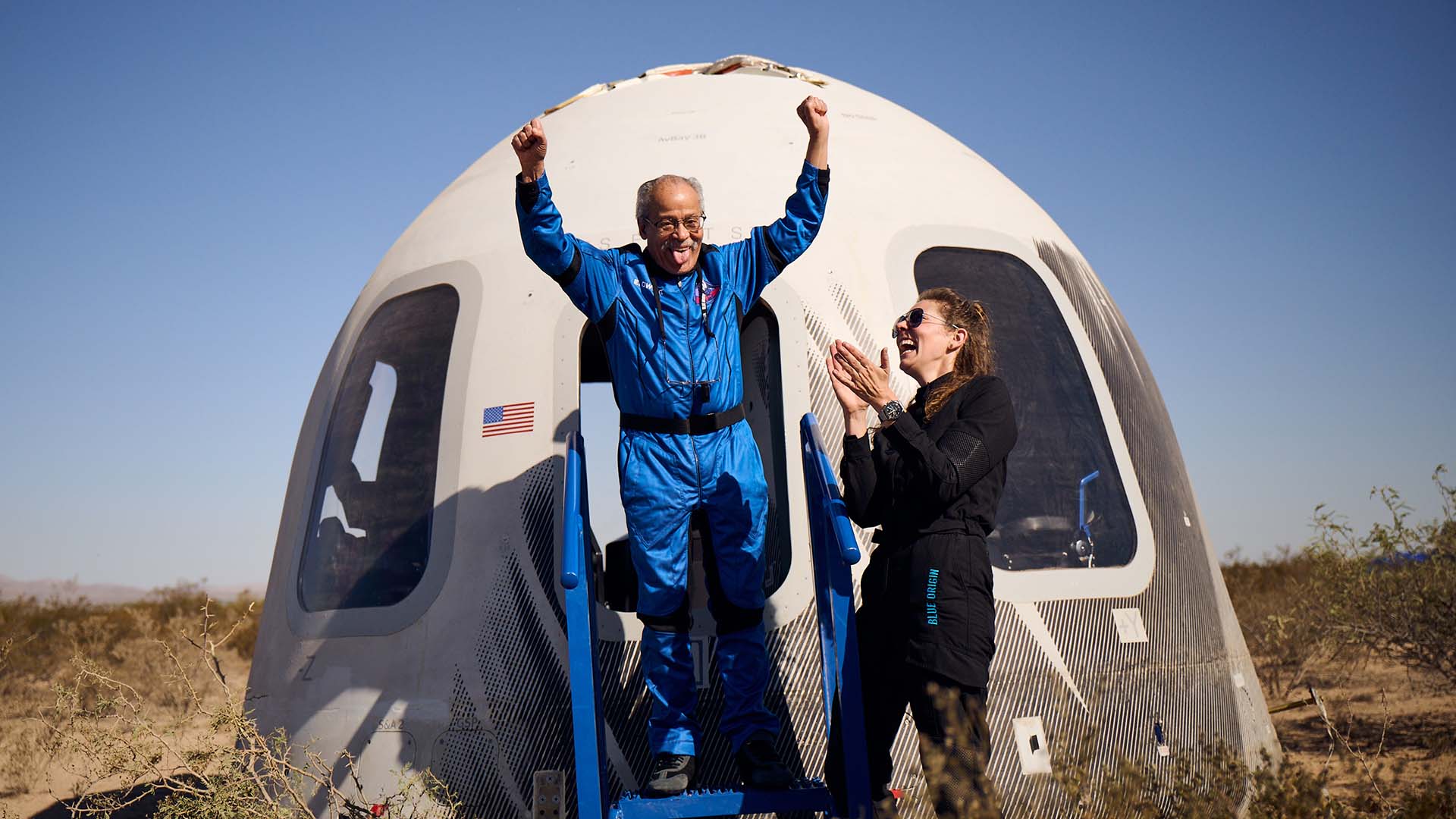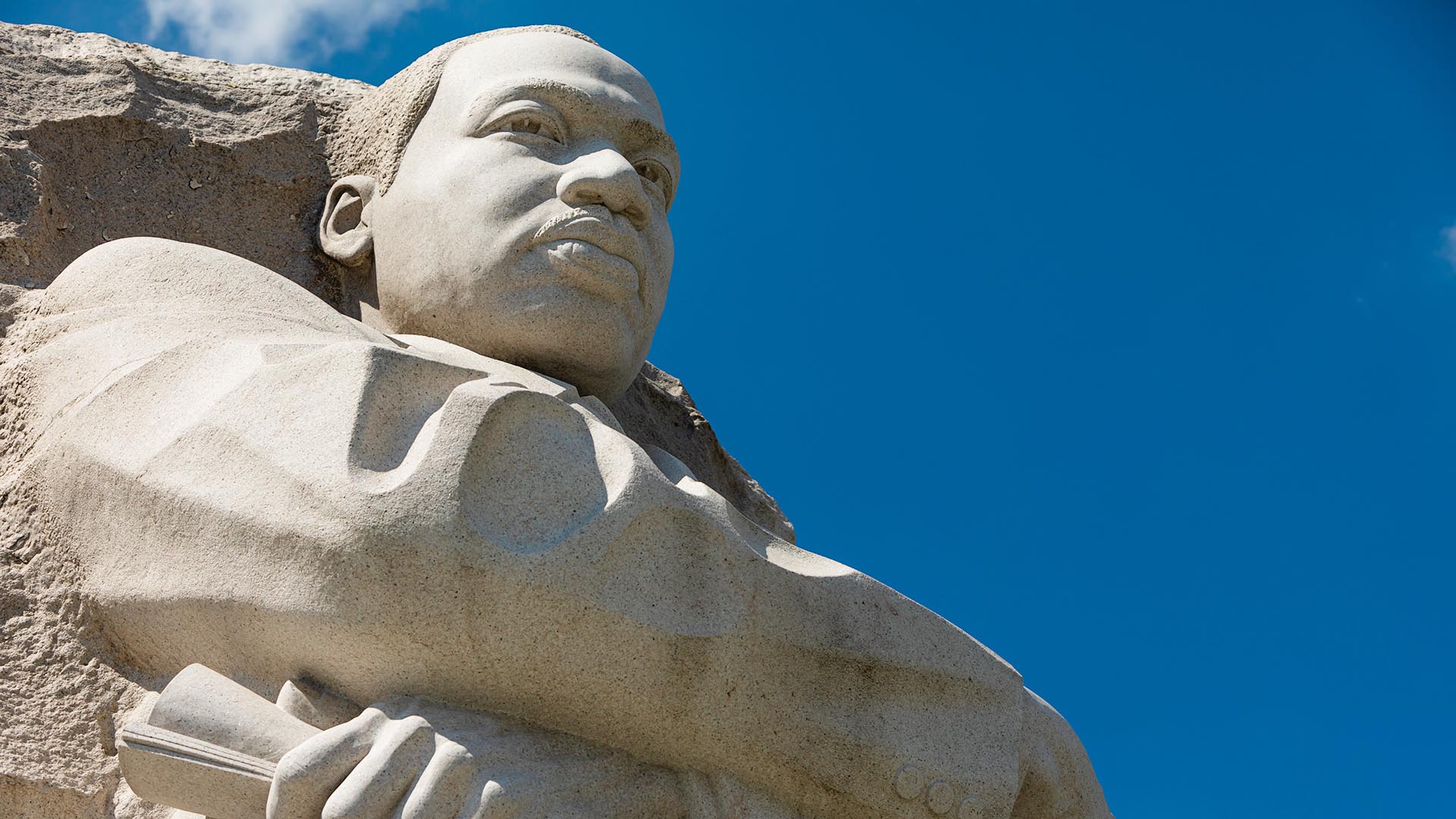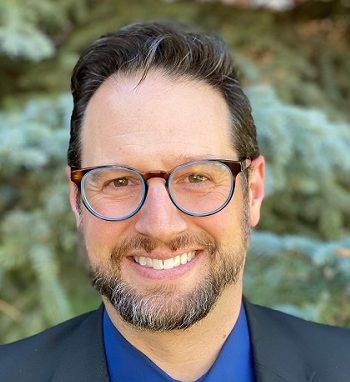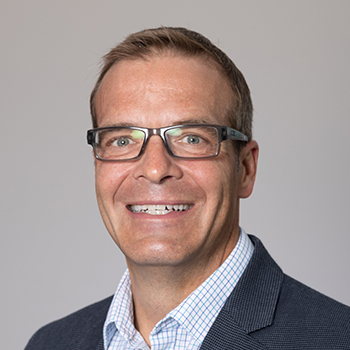Initiative aims to strengthen ‘backbone’ of democracy
MSU Denver’s Institute for Public Service to prepare students for government and nonprofit careers.
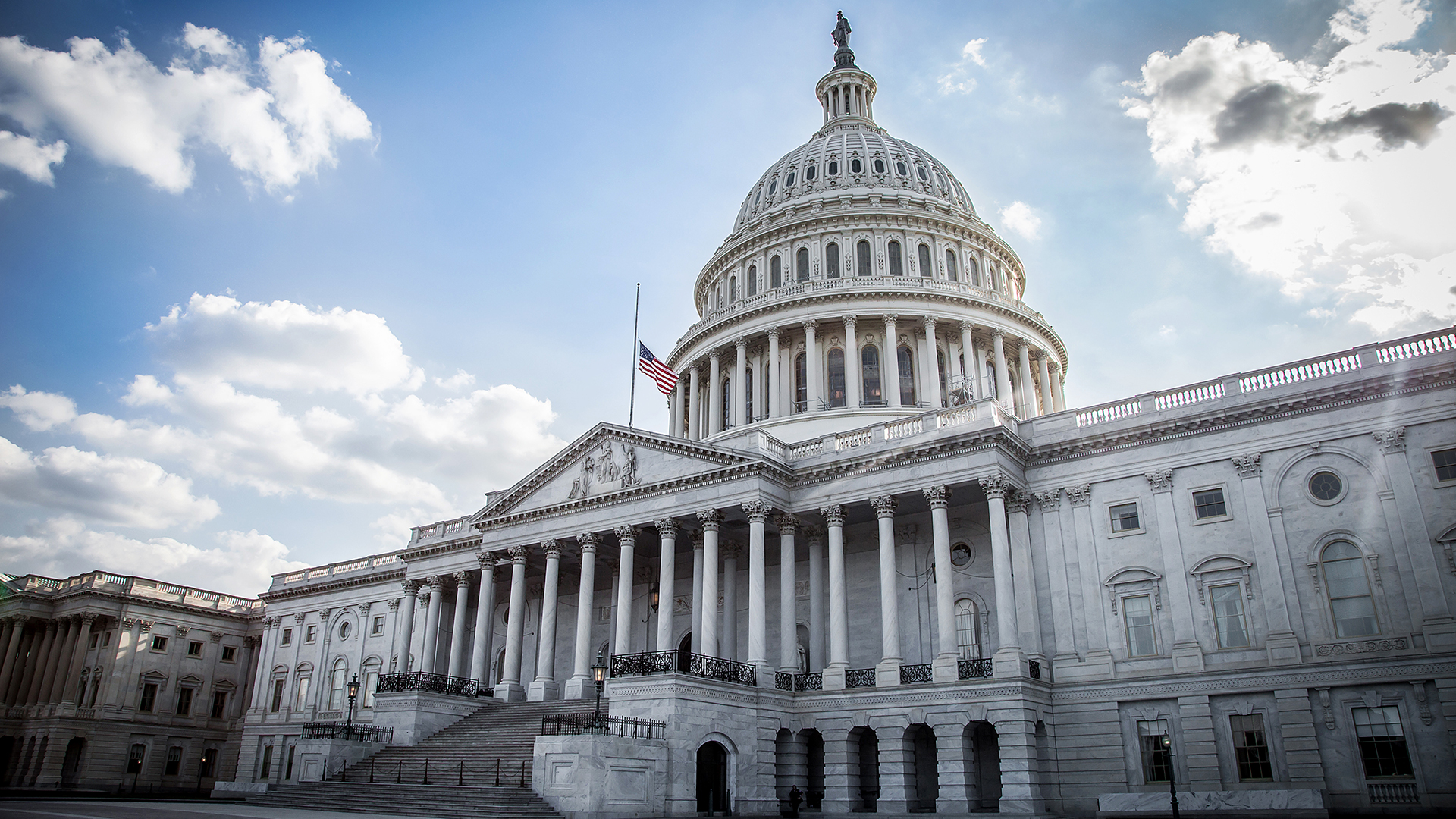
This story appears in the winter 2022 issue of RED Magazine.
As public trust in government plummets and political divisions grow, Metropolitan State University of Denver has launched an initiative that aims to help rebuild confidence in democracy and its institutions.
MSU Denver’s Institute for Public Service will focus on inspiring and preparing students for careers in government and the nonprofit sector through cohort-based coursework, high-profile speakers and events, and paid internships.
Since taking the helm at MSU Denver in 2017, President Janine Davidson, Ph.D., has championed the role MSU Denver can play in developing a new generation of public servants. Davidson, a former Air Force officer and pilot who also served as undersecretary of the U.S. Navy, said her career reflects a deep belief in the value of participatory democracy.
RELATED: Frustrated Colorado voters have a new way to get to know candidates this election season
“I believe that public service provides the backbone for our democracy,” said Davidson, who serves as chair of the Pentagon’s Defense Policy Board and previously served on the National Commission on Military, National and Public Service. “But in times like these, I realize we cannot take the strength of our democratic system for granted. We must be active stewards of the processes that make our society work.”
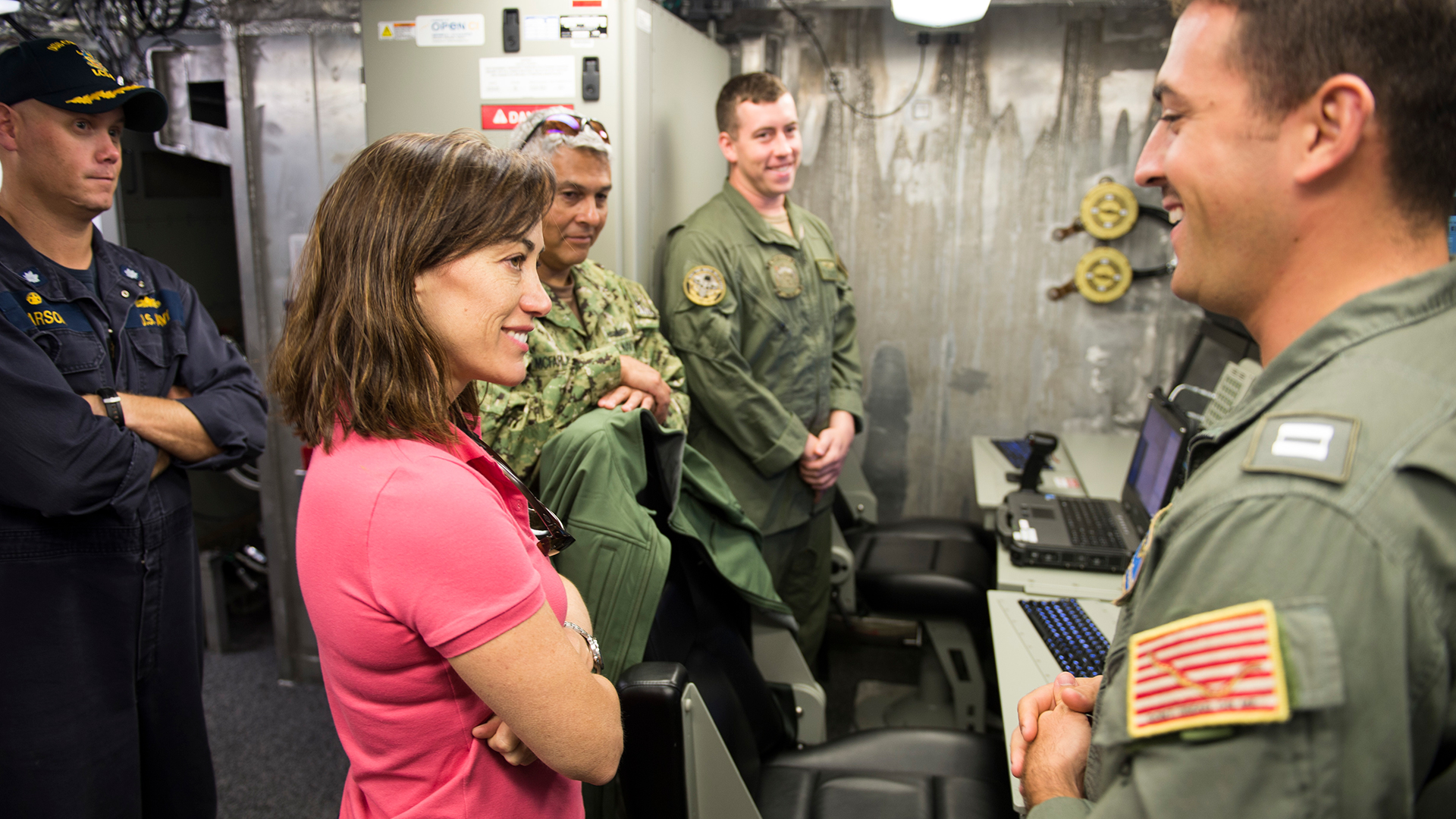
The MSU Denver Institute for Public Service was born out of the Hart Center for Public Service, an organization created by former U.S. Sen. Gary Hart. The center partnered with MSU Denver on public-service education and programming but this year determined that its mission could be more efficiently and effectively carried out solely by the University.
Administrators overseeing the new institute hope it will open students’ eyes to the wide array of public-sector opportunities and the importance of a career that contributes to the public good.
“We find that many students have a narrow view of what public service is,” said John Masserini, DMA, dean of MSU Denver’s College of Letters, Arts and Sciences. “It’s not just about serving in the military or in government. It’s about working in the nonprofit sector and industries that serve communities. We’re trying to broaden students’ views of public service.”
The National Commission on Military, National and Public Service found that nearly 24 million Americans participate in some form of public service, including government, education, health care and disaster response.
With federal agencies facing a looming wave of retirements, there are “immense opportunities” for MSU Denver graduates to serve, Davidson said.
However, one of the traditional barriers that prevent young people from public service has been access to internships and other learning opportunities.
“Unpaid opportunities lead to only the wealthy and well-connected gaining critical experience that leads to paying jobs and more prestigious positions, creating a class of public servants who aren’t representative of all Americans,” Davidson said.
This past summer, Davidson’s office launched a Presidential Internship Program, giving six students a paid opportunity to live in Washington, D.C., and work in federal offices. The program is now a part of the Institute for Public Service, which also funds paid student internships on the local and state levels.
“We were given money to cover housing, travel to D.C. and even travel while there,” said James Vargas, a Political Science and History student who spent the summer working in U.S. Sen. John Hickenlooper’s office and hopes to run for political office someday. “This experience has just made me more excited, given me more confidence and drive to continue on this path.”
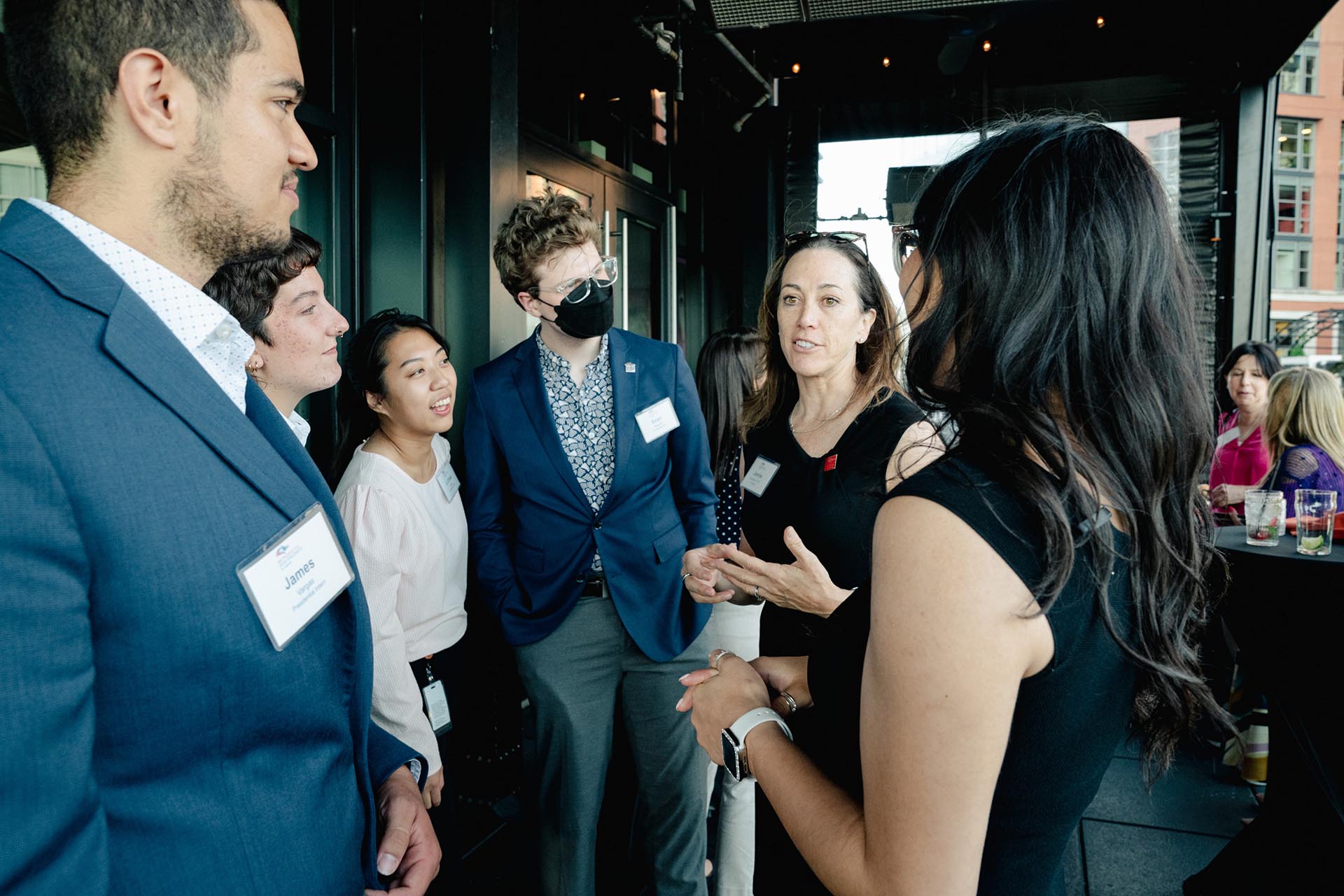
In addition to internships, the institute will invite students to be part of cohorts that engage in government-affairs curricula, Masserini said, allowing them to earn a micro-credential in addition to their degrees.
But institute offerings won’t be limited to those cohorts. Any student in any major can take advantage of high-profile speakers and courses taught by highly accomplished public servants.
“America will continue to grow and prosper only if we challenge the next generation, hold them to high standards of ethics, focus on results and set these young stalwarts up with the tools needed to succeed,” said William Parker III, Ph.D., who served the country for three decades, including as a senior U.S. naval officer and former chief of staff for U.S. Naval Surface Forces. Following his career in the military and State Department, he served as president and CEO of the EastWest Institute, a nonprofit focused on preventing conflicts between nations.
Parker, who teaches an online course at MSU Denver on U.S. military history, said the myriad challenges and conflict that the world faces today “require the most informed leaders we can offer.”
“So anything I can offer the next generation that will help them be more prepared to face the future with eyes wide open is time well-spent,” he said.

